Right now the onsite contest is in progress. You can view the curreny results here.
On Monday you can take part in unofficial contest mirror on http://acm.sgu.ru/. The contest starts on October, 22 (Monday), 2012, 12:00 (UTC). The official results will be integrated into the online contest standings. Hope to see you on [http://acm.sgu.ru/]!
Later the contest will be added as a training in Codeforces::Gym.









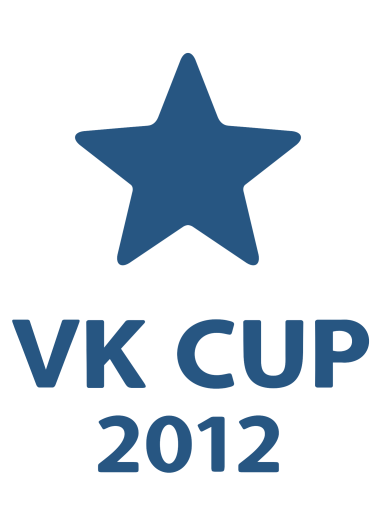
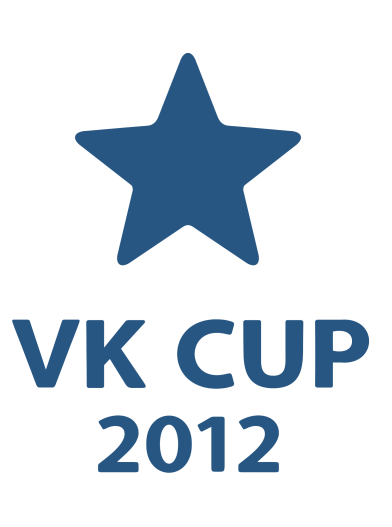
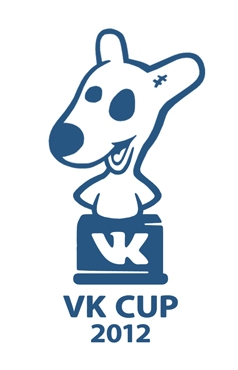
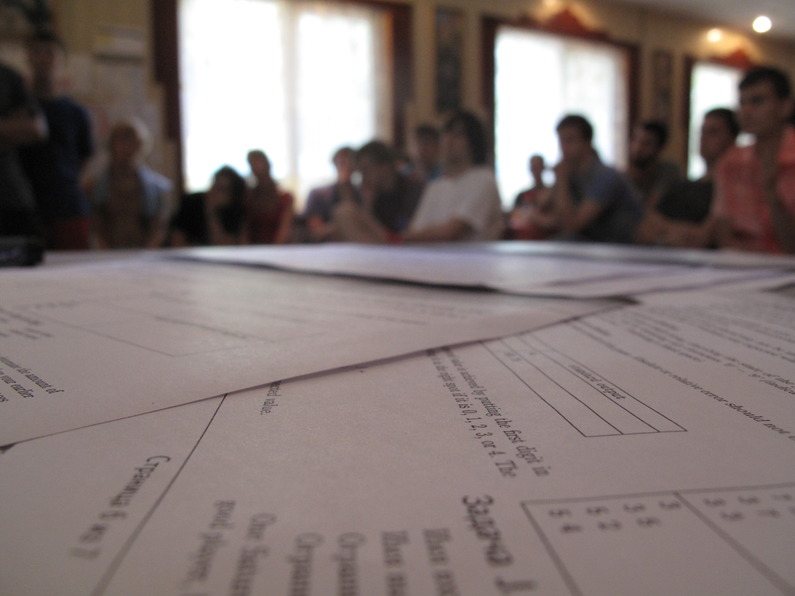
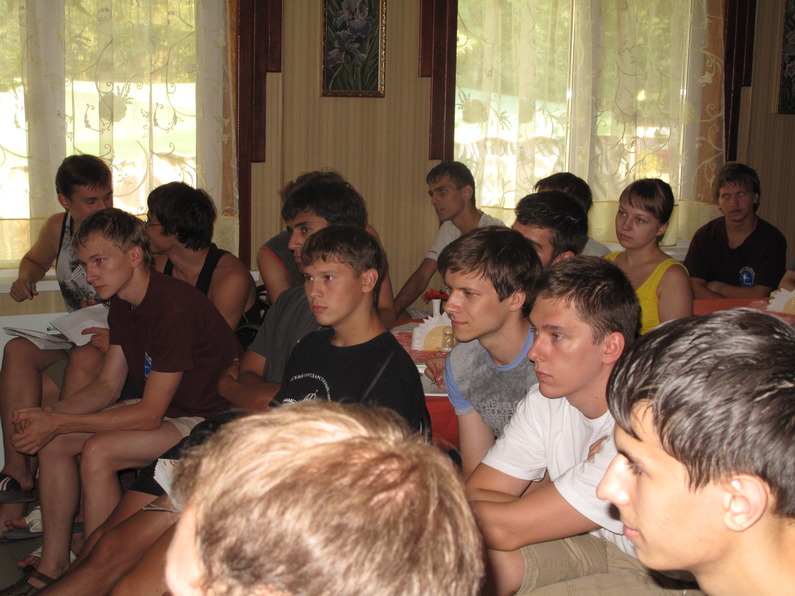 It will be 10 training days. The school includes lectures by Saratov state university coaches, joint trainings, problems tutorials and topical workshops. The curriculum is designed for younger university students who aspire to achieve high results at programming competitions. Official language — Russian.
It will be 10 training days. The school includes lectures by Saratov state university coaches, joint trainings, problems tutorials and topical workshops. The curriculum is designed for younger university students who aspire to achieve high results at programming competitions. Official language — Russian. times, score is decreased by 250 points. The table below illustrates max. problem score dependency from the percentage of contestants who solved the problem.
times, score is decreased by 250 points. The table below illustrates max. problem score dependency from the percentage of contestants who solved the problem.
